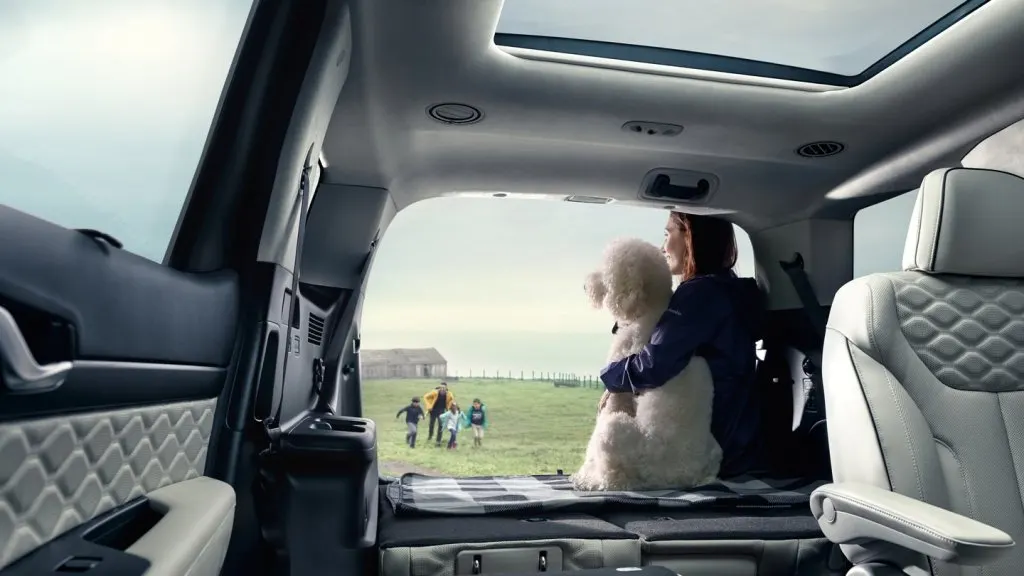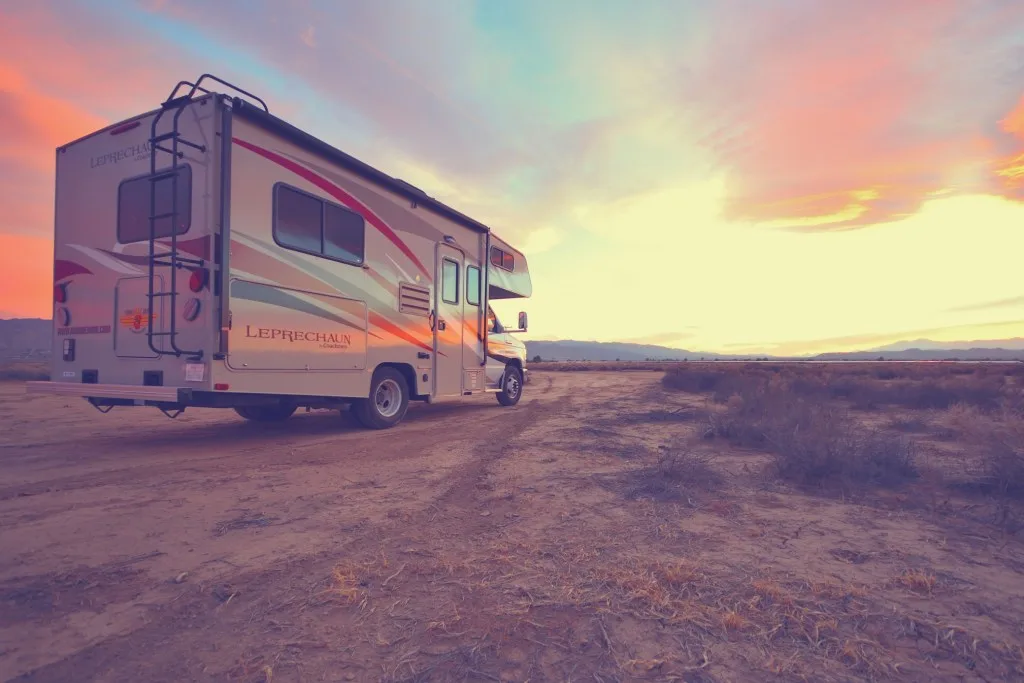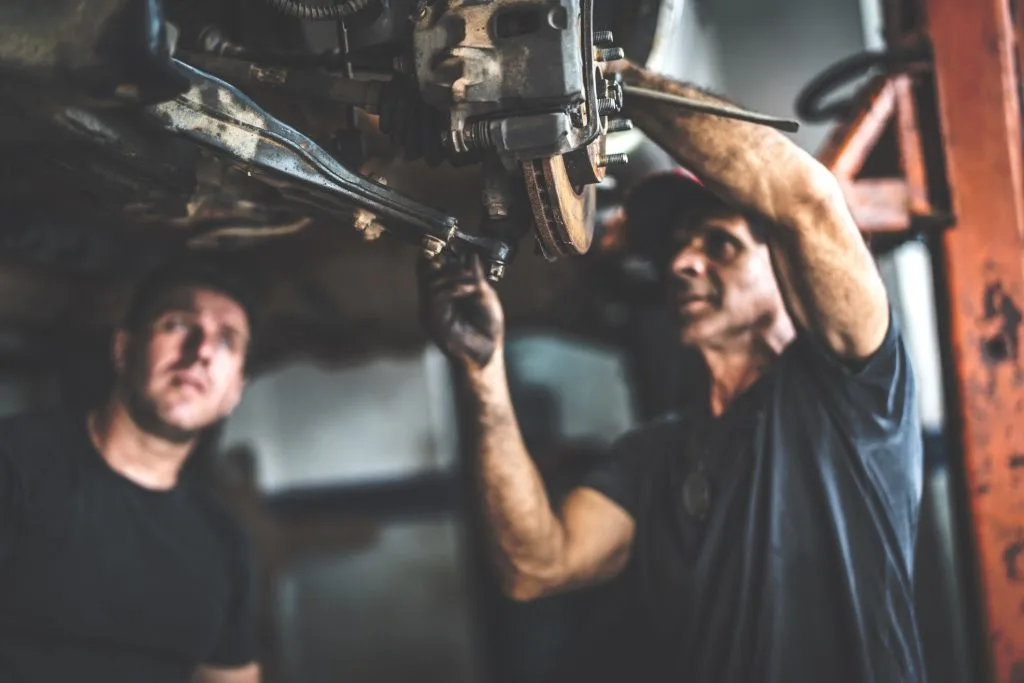Traveling in an RV can be amazing. It opens up so many possibilities and allows families to make memories together.
But RVing can also take a toll on travelers and create headaches at a moment’s notice.
Let’s examine the worst RV mistakes you can make in hopes of avoiding some of those problems.
Why We Love RVing
For families, RVing can provide a lifestyle encouraging children to explore the outdoors, appreciate nature, and develop skills that public schools overlook.
RVing can mean freedom from work meetings and flexible schedules for individuals and couples traveling without children.
If they want to wake up to sunrises over the Atlantic Ocean, they can pick up their home in Arkansas and move it to a new location on a beach in Florida.

Why RVing Is Tough
But it’s not all colorful sunsets and campfire get-togethers. RVing can be hard.
Things break at the worst times, travel plans get interrupted, and stress levels can be high without privacy. Having a home on wheels is a great advantage while traveling. But when the fridge fails or the furnace doesn’t work, you have nowhere else to go (except the repair shop).
Finding parts and technicians to make repairs can also be challenging.
You live in a tiny space; if you live with others, the space becomes even smaller.
Spouses don’t often get “me” time. Learning to live without that time can be stressful.
The Absolute Worst RV Mistakes You Can Make
Let’s look at some mistakes that might keep you from enjoying your RV experience. If you can avoid these mistakes, your travels will go smoother.
Being Underprepared for Your First Trip
You’re so excited about your first trip in the RV. You’ve made several trips to IKEA to grab organizational bins and kitchen accessories. But you might not be as prepared as you think. One of the most common mistakes new RVers make is not taking the time to learn about RVing itself.
Having all of the right gear is one thing, but knowing how to use everything and how your RV operates requires a completely different kind of preparation.
What do you do when the propane tanks are empty? How do you properly level your RV? How do you safely hook up your travel trailer, fifth wheel, or tow dolly?
If you haven’t prepared for the nuts and bolts of RVing, you’re making a huge mistake that might ruin your experience.
RV insight: Here’s a look into our RV expenses when we first hit the road.

Overpacking for Your First Trip
If you haven’t traveled in your rig, you don’t really know what you need. Wait until after that first trip to decide which size storage bins you need and how many pots to have around. Overpacking and buying too many non-essential items can overwhelm you.
You also want to be mindful of the cargo capacity and GVWR (gross vehicle weight rating).
If you overpack and don’t pay attention to how much you’re loading into your rig, you could put too much stress on the frame.
Not Knowing Your Weight Restrictions
Bad things can happen if you don’t know your weight restrictions. You could void your warranty or end up with a huge repair bill. The GVWR of your travel trailer could be 8,000 pounds, a safe weight for your Ford F-150 to tow.
But the cargo capacity might only be 1,500 pounds. So if you start loading clothes, dishes, toys, gadgets, and more into your travel trailer, you could very well go over the 1,500-pound cargo capacity limit and thus exceed the 8,000 pounds your truck can safely tow.
You also want to know the weight restrictions of the tow vehicle. If your fifth wheel is more than 15,000 pounds, don’t try to pull it with your Dodge Ram 1500. You’ll ruin the truck and put everyone in danger.
Know the payload capacity and towing capacity of your tow vehicle and make sure you’re traveling safely.

Trusting Google Maps in a Big Rig
Another big mistake new RVers made is using Google or Apple maps instead of a GPS designed for RVs. Google doesn’t know you’re towing a 12-ft tall fifth wheel or driving a 40-ft long class A motorhome.
The app could take you down roads you don’t want to travel in a tall or long vehicle. When driving a car, you don’t pay attention to tunnels, bridges, narrow roads, or dirt roads. But when towing or driving an RV, you absolutely have to know about these things along your route.
Invest in a GPS designed for RV travel.
You can input your rig’s height, length, and weight, and it will provide an RV-safe route to your destination. They aren’t perfect, but they’re much safer than trusting Google or Apple maps.
We use RV Trip Wizard for our trip planning and routing.
Full-Timing Before You’re Ready
Don’t jump into full-timing before you’re ready. Plan, plan, plan. Downsizing takes time. It also takes an emotional toll on your family. Sharing the news may be exciting for you, but it could be heartbreaking for family or friends.
If you decide full-timing is right for you and your family, take your time to figure out what you need to do to make that dream a reality.
Do you have remote work lined up? Are you going to live off savings? What will you do for insurance?
Will you sell or rent your house? These are just a handful of questions you need to ask yourself.
Going Too Far on Travel Days
Have you heard of the 2/2/2 or 3/3/3 rule? Many seasoned RVers follow a variation of this rule on travel days because it makes traveling easier and more enjoyable. Don’t think four hours by car means four hours towing a travel trailer.
You drive slower when towing. Some roads aren’t as safe, and your route will need to be longer. It’s more exhausting driving a motorhome or towing an RV. All of these factors make travel days longer with an RV.
Most RVers don’t travel more than 200 or 300 miles at a time. They aim to arrive at their next destination by 2 or 3 p.m. If you think you’re going to tough it out and drive across the state of Tennessee in one day, you’re going to be irritated and exhausted by the time you arrive.
This will not make the RVing experience enjoyable for anyone.

Not Savoring Your Travel Destinations
If you only have a certain amount of vacation time to travel across the country or visit a certain number of states or parks, it’s understandable that you won’t stay too long in one place. You have to get to the Grand Canyon and back in two weeks to get back to work on time.
But if you can, your travel will be more enjoyable if you savor your destinations instead of waking up every morning to move to the next location. Maybe this means taking more days off of work.
Maybe this means traveling a shorter distance. But you’ll regret flying through your travel destinations.
Not only is it more taxing to pack up and leave every day, but you’ll miss out on the experience itself.
Parking on Unlevel Surfaces
Did you know that your refrigerator may not work properly if it’s not level?
Your RV needs to sit on level ground for the slides to come out correctly. Parking on unlevel surfaces could damage your rig. It will also make living in it quite uncomfortable.
Make sure to have the proper leveling equipment and take the time to level at every site. Don’t skip this step because you’re tired or are just staying for one night.
Buying the Wrong RV
If you’ve never traveled in an RV before, you might not know which rig will be best for you and your family. If you’re a family of five and purchase a travel trailer with no bunkhouse, where will the kids sleep?
On the other hand, if you’re a single traveler, do you really need a massive rig that you may not be able to set up and tear down on your own?
Make a list of what you want and why you need each item. Know what’s non-negotiable. Have a budget. All of these things will help you buy the best RV for your needs.
Pro Tip: Here’s how to avoid the wrong RV.
Ignoring Safety Measures
Knowing your weight restrictions is a safety measure. Other important safety measures include correctly storing and using propane and outfitting your rig with various alarms. This goes along with being prepared. Do your homework about RV safety before taking your rig out.
Driving safely is also important. You shouldn’t drive as fast as every other car on the interstate. Learning to drive an RV is different from learning to drive a car.
Towing a 30-ft travel trailer isn’t necessarily difficult, but you need to take the time to practice and learn. Again, using a GPS that calculates your weight, height, and length is very important to ensure safe driving days.

Neglecting RV Maintenance
Taking care of an RV requires regular maintenance. Make a schedule of weekly, monthly, semi-annual, and annual to-do items.
You’ll be making a huge mistake by not creating a maintenance list and regularly inspecting your rig.
The Biggest RV Mistake of All: Never Trying It!
All of these mistakes can turn RVing into a hassle. But the biggest mistake you can make is to never try it! Yes, there are repairs you’ll have to make. Yes, you’ll need to prepare adequately and take the time to learn the basics. But you can easily avoid all of these mistakes.
Enter the RV lifestyle knowing what’s ahead. Be prepared for things to happen that you can’t control. But do all you can to prevent issues from happening in the first place. Lots of RVers have made these mistakes.
Now they share them to help others avoid making the same ones. Is there a mistake you’ve made that you’d like to share to help others on their journey?
Discover the Best Free Camping Across the USA
To be honest with you, we hate paying for camping. There are so many free campsites in America (with complete privacy).
You should give it a try!
As a matter of fact, these free campsites are yours. Every time you pay federal taxes, you’re contributing to these lands.
Become a FREE CAMPING INSIDER and join the 100,000 campers who love to score the best site!
We’ll send you the 50 Best Free Campsites in the USA (one per state). Access the list by submitting your email below: